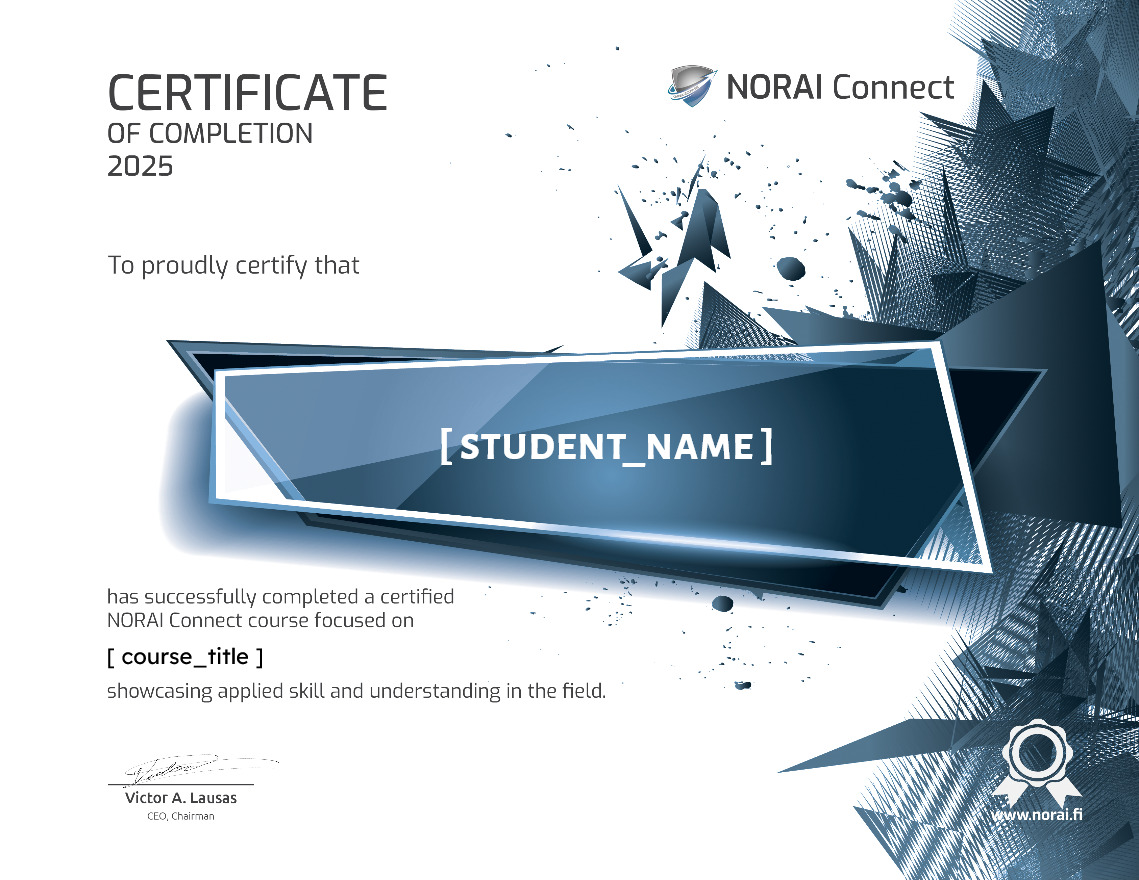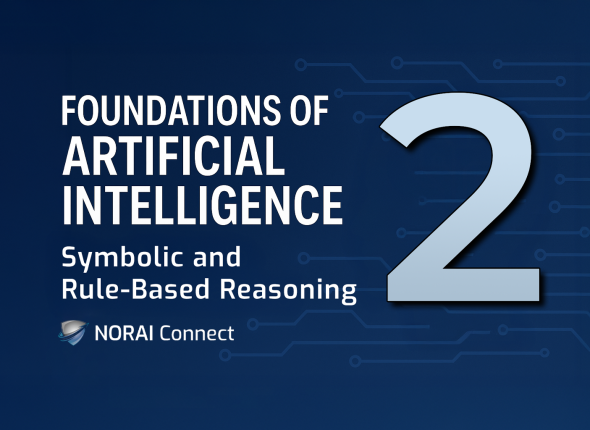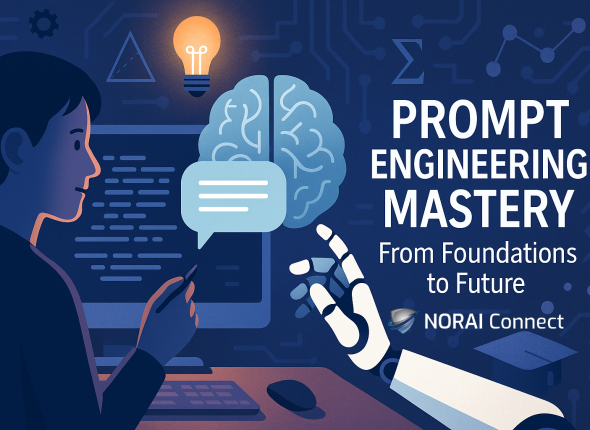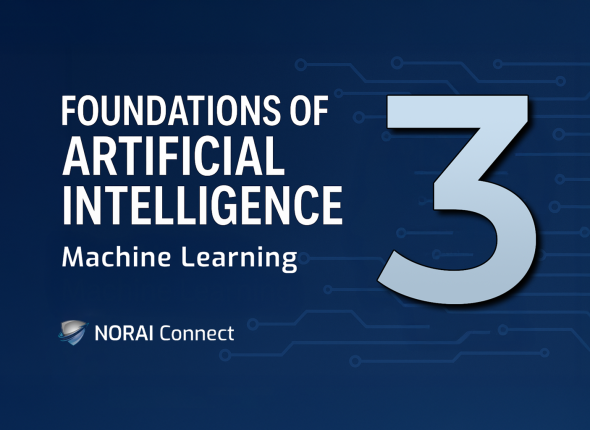Course Prerequisite(s)
- Please note that this course has the following prerequisites which must be completed before it can be accessed
-
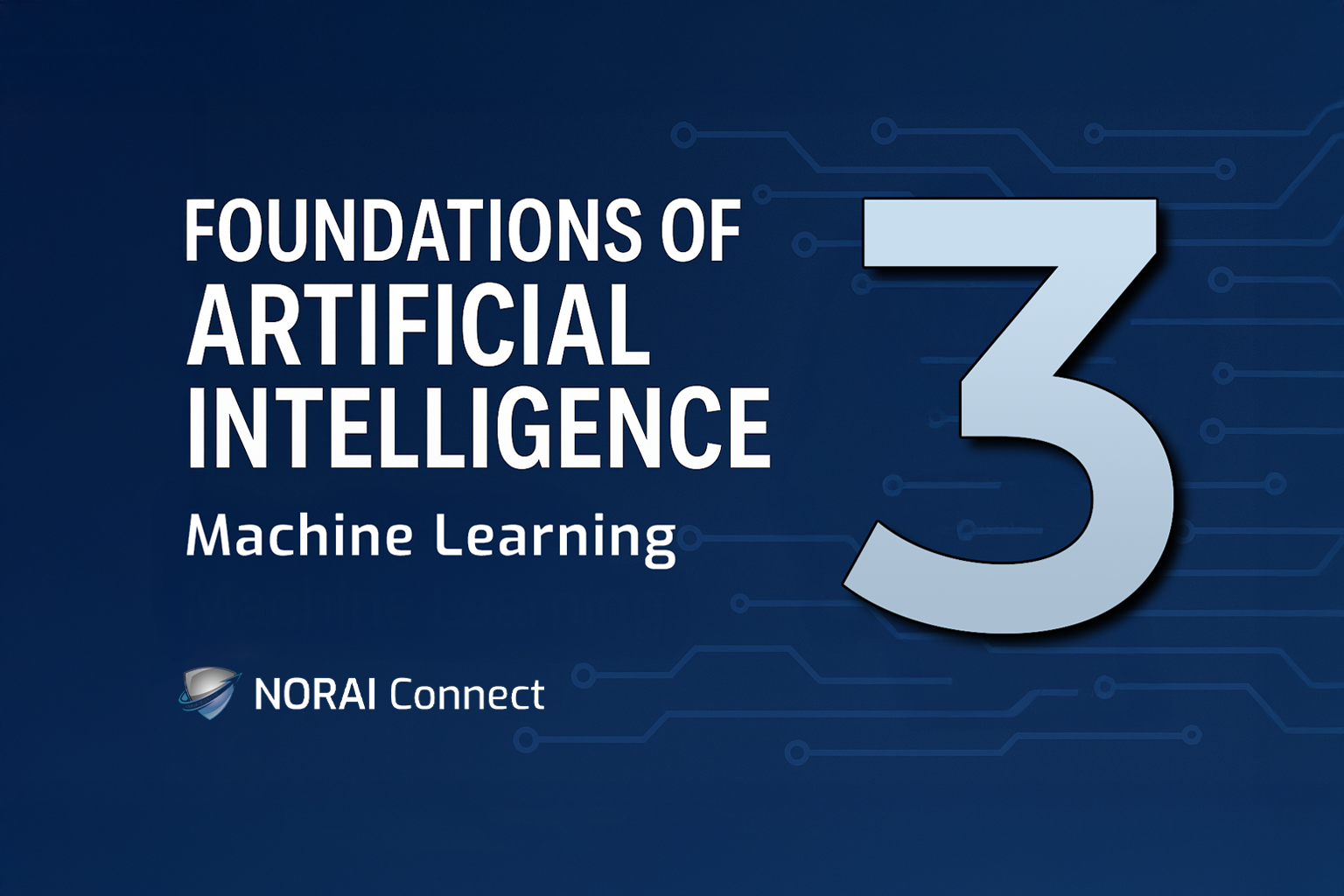 Foundations of Artificial Intelligence: Machine Learning
Foundations of Artificial Intelligence: Machine Learning
About Course
As artificial intelligence becomes a driving force across every sector, understanding the ethical challenges, risks and regulatory frameworks behind the technology is essential for anyone building or deploying AI.
This FREE AI Ethics course – Foundations of Artificial Intelligence: Ethics, Risks & Regulation – provides a clear and practical introduction to the social implications of AI, with a strong focus on trust, fairness, privacy and accountability.
You’ll explore real-world issues such as AI hallucinations, bias, misinformation and the privacy dilemmas at the heart of modern AI systems. Through accessible lessons and case studies, the course demystifies topics like algorithmic fairness, explainability, surveillance and global regulatory trends, including GDPR and the EU AI Act.
By the end, you’ll understand both the risks and responsibilities of working with AI and gain the tools to help ensure your work advances AI for the benefit of all.
Complete the course and quizzes to earn your free NORAI Connect certificate.
Based on Victor A. Lausas’ acclaimed book, “Artificial Intelligence Made Unlocked” (ISBN 978-952-88-0520-5), this course distils the essentials for anyone ready to understand and apply AI in the real world. If you prefer to read the book instead, you can also get the book for free for a limited time:
Subscribe to the North Atlantic newsletter and download your free copy of Artificial Intelligence Made Unlocked: From Logic to Learning for FREE!
We have added the subscriber form to our contact page.
The book is also on shelves at Lulu for 19.99€.
Course Content
AI Hallucinations, Misinformation & Trust
-
Understanding AI Hallucinations and Trust
-
The Implications of AI-Generated Misinformation
-
Detection and Mitigation of AI Hallucinations
Algorithmic Bias and Fairness in AI
Privacy, Surveillance & Data Protection
AI Regulation – The EU AI Act & Global Rules
Explainability, Transparency & Social Implications
Final Assessment
Earn a FREE certificate on completion!
Add this certificate to your resume to demonstrate your skills & increase your chances of getting noticed.
